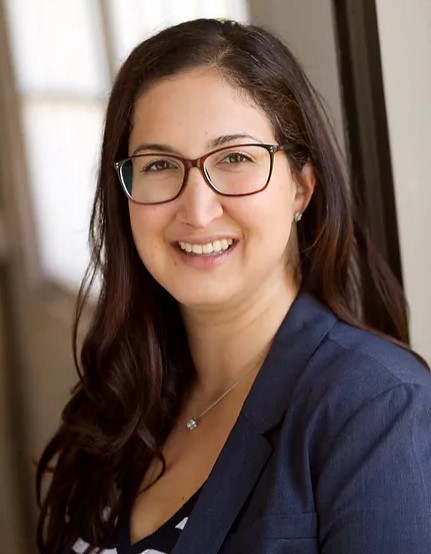Colonialism in Reproductive Healthcare, Past and Present
Saturday, June 22, 2024
10 AM-11:30 AM (PT) • 11 AM-12:30 PM (MT) • Noon-1:30 PM (CT) • 1 PM-2:30 PM (ET) • 2 PM-3:30 PM (AT) • 2:30 PM-4 PM (NT)
Join us for an online Zoom workshop with Dr. May Sanaee, Associate Professor with the Department of Obstetrics and Gynecology at the University of Alberta.
Participants will learn the history of the colonial agenda pertaining to Indigenous women, and how this history has influenced the care that Indigenous women and two-spirit people receive today, particularly gynecologic care. Workshop participants will learn how to identify “invisible policies” by working through some case examples.
Speaker

Dr. May Sanaee (she/her) is a Urogynecologist and Chronic Pelvic Pain specialist at the Lois Hole Hospital for Women at the Royal Alexandra Hospital in Edmonton, Alberta. She is also an Associate Professor with the Department of Obstetrics and Gynecology at the University of Alberta.
Dr. Sanaee completed her MD in 2011 (McMaster University) and Obstetrics and Gynecology residency program in 2016 (McMaster University). She went on to the University of British Columbia to complete an Advanced Subspecialty Fellowship training in Female Pelvic Medicine and Reconstructive Surgery (Urogynecology) and Sexual Medicine in 2018. She concurrently completed a Masters’ degree in Health Professions Education in 2018 (McMaster University). Her thesis explored surgical innovation in gynecology.
Dr. Sanaee served as President of the Canadian Society for Pelvic Medicine (2022-2023) and advocates for the standardization of urogynecology training and practice. She currently serves as the clerkship director for the OBGYN course for third year medical students at the University of Alberta and conducts and supervises research trainees in the areas of urogynecology, chronic pelvic pain, rural health and medical education.
May was born to Baha’i refugees from Iran, and raised in southern Ontario on the traditional territory of many nations including the Mississaugas of the Credit, the Anishnabeg, the Chippewa, the Haudenosaunee and the Wendat peoples. She was in the Native Studies program at McMaster University over 20 years ago and continues to collaborate with individuals and institutions on addressing racism as a barrier to fostering safe health care environments for both learners and patients. She is incredibly grateful for the mentoring, wisdom, guidance and support from a variety of individuals and communities over the years and in particular Elder Louise MacKay who introduced her to ARCC.

